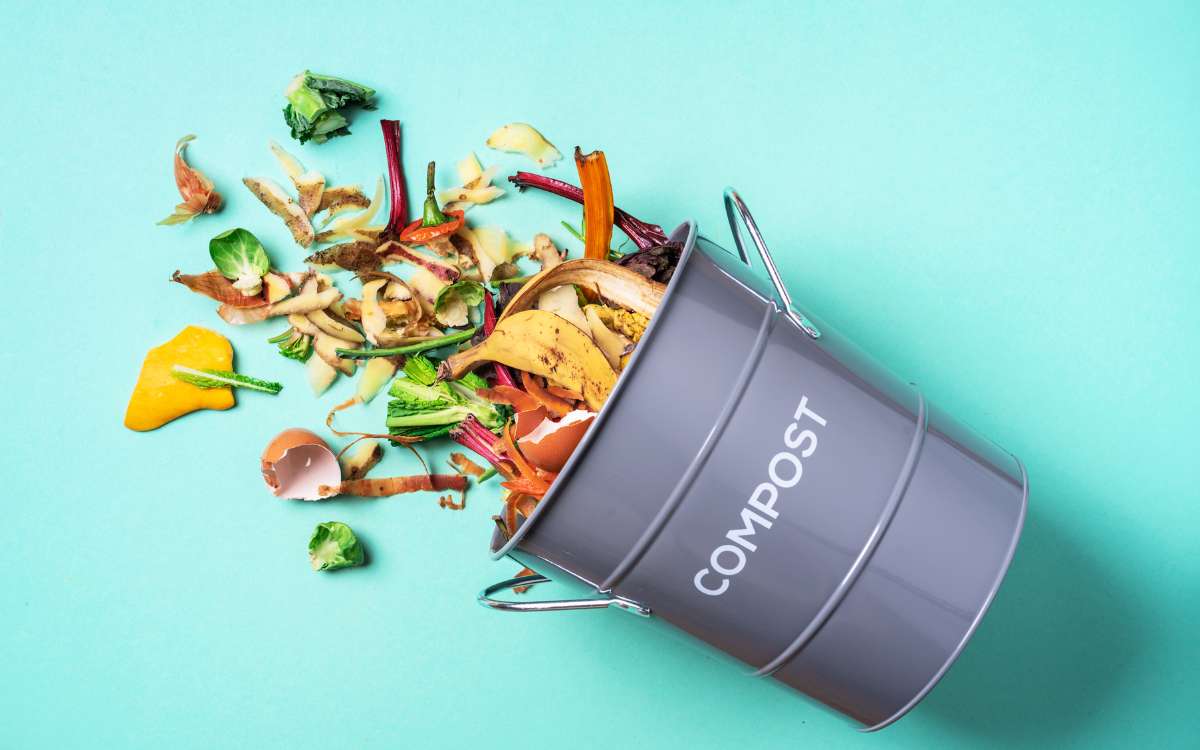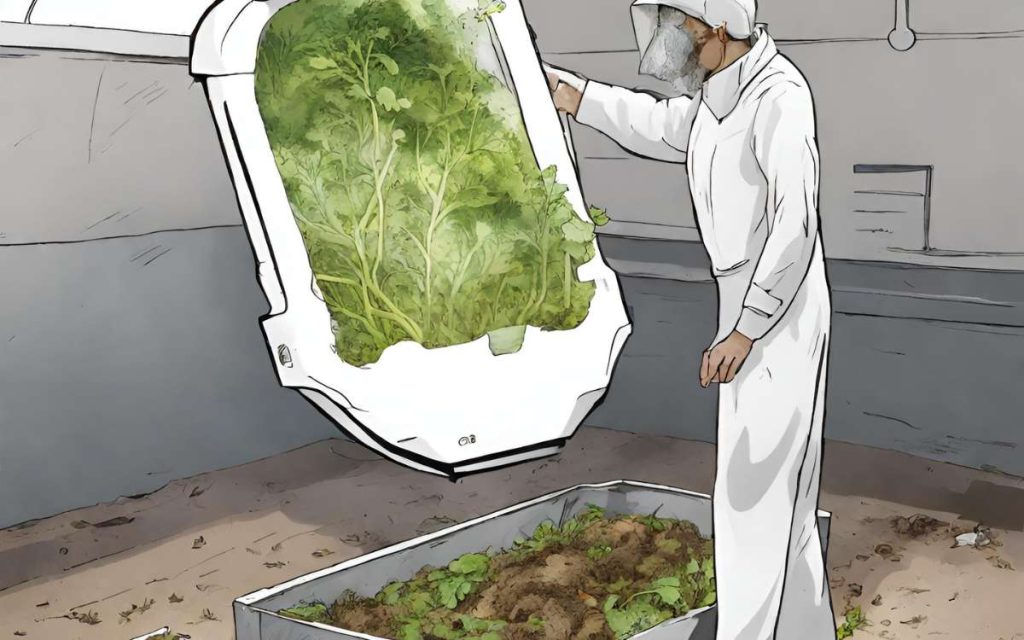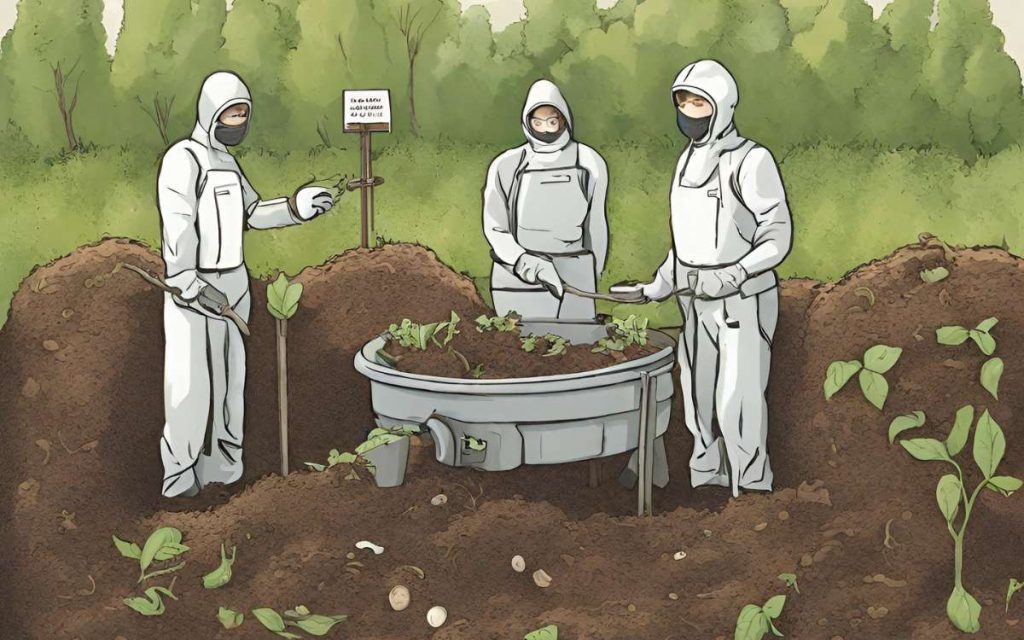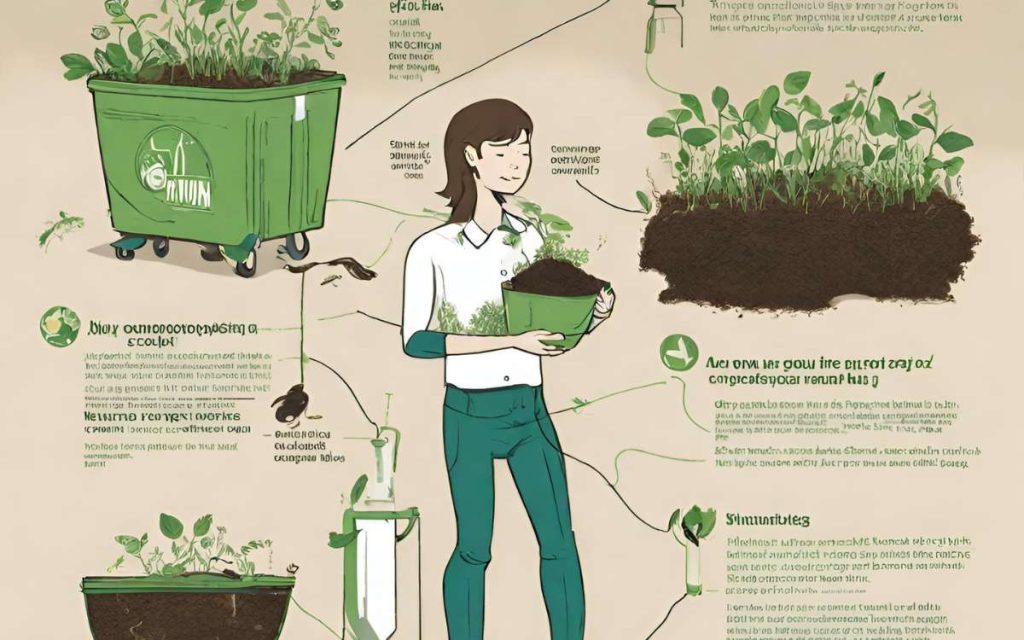Green Burial Revolution: Exploring Human Composting in Massachusetts
Human composting in Massachusetts signifies a revolutionary shift towards eco-friendly burial practices, embracing sustainability, environmental consciousness, and a new approach to the cycle of life and death.
Key Takeaway

In recent years, a revolutionary approach to burial has been gaining traction in Massachusetts – human composting.
This eco-friendly alternative to traditional burial methods is redefining our relationship with the environment and challenging conventional notions of the afterlife.
Join us as we delve into the Green Burial Revolution and explore the fascinating world of human composting in the heart of Massachusetts.
Here’s a pros and cons table for Human Composting:
| ✅ Pros | ❌ Cons |
|---|---|
| ✔ Environmental Sustainability | ❌ Cultural and Religious Concerns |
| ✔ Soil Enrichment | ❌ Public Perception |
| ✔ Space Conservation | ❌ Hygiene and Safety Concerns |
| ✔ Cost-Effective | ❌ Limited Infrastructure |
| ✔ Cultural and Spiritual Connection | ❌ Emotional Considerations |
| ✔ Legal Recognition | ❌ Regulatory Challenges |
This table provides a concise overview of the advantages and disadvantages associated with the practice of human composting.
Read More: Composting
The Concept of Human Composting

Human composting, also known as natural organic reduction, is a sustainable burial method that aims to return the body to the earth in an environmentally friendly way.
Unlike conventional burial or cremation, human composting involves the accelerated decomposition of the body through microbial activity, ultimately producing nutrient-rich soil.
This innovative process not only reduces the environmental impact associated with traditional burial practices but also offers a meaningful way to contribute to the circle of life.
Legislation and Acceptance in Massachusetts
Massachusetts has been at the forefront of embracing progressive environmental practices, and human composting is no exception.
In 2020, the state became the first in the United States to legalize human composting, opening the door to a new era of sustainable burial options.
This legislative breakthrough has paved the way for eco-conscious individuals to choose a burial method aligned with their environmental values.
Read More: Can You Grow Carrots in Ericaceous Compost?
Environmental Benefits

One of the primary motivations behind the adoption of human composting is its positive impact on the environment.
Unlike traditional burial, which often involves embalming fluids and non-biodegradable materials, human composting is a natural and chemical-free process.
The resulting compost can enrich the soil and promote plant growth, creating a regenerative cycle that benefits the ecosystem.
Cultural and Spiritual Perspectives
While the environmental benefits are clear, the cultural and spiritual aspects of human composting are equally significant.
Many individuals and communities are drawn to this method as a way to reconnect with nature and embrace the natural cycle of life and death.
Human composting allows for a more intimate and personalized experience, providing families with a unique and meaningful way to say goodbye to their loved ones.
Read More: Can You Use Ericaceous Compost for Hostas? No!
The Facility: A Closer Look

In Massachusetts, facilities dedicated to human composting have emerged, offering a controlled and respectful environment for the transformation of human remains into nutrient-rich compost.
These facilities follow strict guidelines to ensure ethical and safe practices, addressing concerns about hygiene and sanitation.
As the Green Burial Revolution continues to gain momentum, these facilities play a crucial role in providing a sustainable and dignified alternative to conventional burial practices.
Read More: Will Sweet Peas Grow in Ericaceous Compost? No!
Community Awareness and Education
The success of the Green Burial Revolution relies heavily on community awareness and education.
Advocacy groups and environmental organizations are actively promoting the benefits of human composting, dispelling myths and addressing concerns.
Workshops, seminars, and educational campaigns aim to empower individuals with the knowledge needed to make informed decisions about their end-of-life arrangements, fostering a culture of environmental responsibility.
Summary
As we explore the Green Burial Revolution and the rise of human composting in Massachusetts, it becomes evident that this innovative approach is more than just a burial method; it’s a reflection of our evolving relationship with the environment.
Massachusetts has taken a bold step towards a sustainable and eco-conscious future, demonstrating that even in death, we can contribute to the well-being of the planet.
The Green Burial Revolution invites us to reconsider our traditional practices and embrace a more harmonious approach to the inevitable cycle of life and death.
- Green Burial Revolution: Exploring Human Composting in Massachusetts - February 6, 2024
- Evercare Hospital Dhaka: Transforming Healthcare with Excellence and Compassion - February 5, 2024
- Evercare Hospital Lahore: Elevating Healthcare Standards in Pakistan - February 4, 2024





